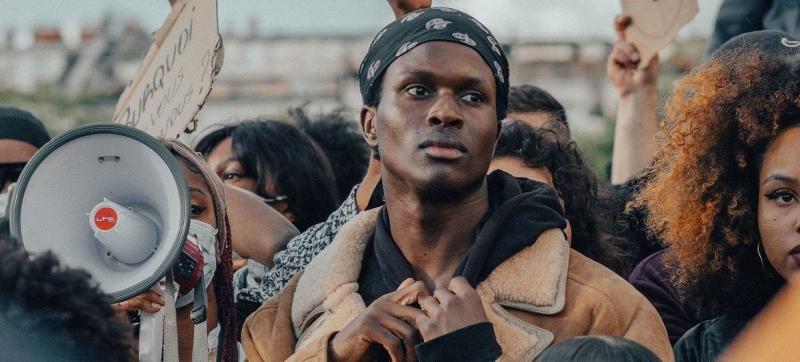
Participants in a demonstration against racism. Paris, France. Photo from the archive UN human rights chief: efforts to combat racism need to be strengthened Human rights
Centuries of enslavement, human trafficking, and colonial oppression of people of African descent have shaped and fuel today’s systemic racism and racial discrimination. It’s time to put an end to this terrible legacy. This was stated by the UN High Commissioner for Human Rights, Volker Türk, speaking in Geneva at the final meeting of the session of the Permanent Forum on People of African Descent.
“Cynical exploitation of natural resources”
Reflecting on his recent trip to the Democratic Republic of the Congo, Turk noted that the “cynical exploitation of natural resources” lies in the basis of many conflicts. “Exploitive economic initiatives impoverish local people rather than benefit them. These abuses stem in part from a long history of brutal human rights violations,” he explained.
The High Commissioner stressed that government, business, regional and international powers have a responsibility to promote change. “The mobile phone in my pocket and your phones were very likely made from resources that belonged to the Democratic Republic of Congo. We cannot continue to engage in consumerism at the expense of the human rights of the Congolese people,” Turk noted.
Combating the Legacy of Slavery
Justice, the High Commissioner is convinced, must be based on the views of people of African descent, especially women. This must be a comprehensive approach, including seeking the truth, expressing gratitude, apologizing, memorializing, providing compensation, and institutional and educational reforms.
He recalled that many initiatives are currently underway at the local, national, regional and international levels. These include efforts by people of African descent to seek legal redress, such as in the United States, against corporations and local governments.
Read also:
Independent UN expert calls on US to step up efforts to combat “persistent systemic racism”
At last year’s Reparations Conference in Accra, the African Union agreed to explore legal and judicial options for reparations. “International law, in particular international human rights law, can combat the devastating harm caused by racism,” emphasized Volker Türk. – Racial discrimination is a serious violation of international human rights law. It is a rejection of its core values, our common humanity and the principle of equality.”
He added that the UN Human Rights Office and himself are committed to supporting people of African descent and all who oppose racism, and intend to actively help countries fight this phenomenon.
“As for reparations, we must finally enter a new era,” Turk noted , calling on governments to step up efforts and move from words to actions that will correct the mistakes of the past.
